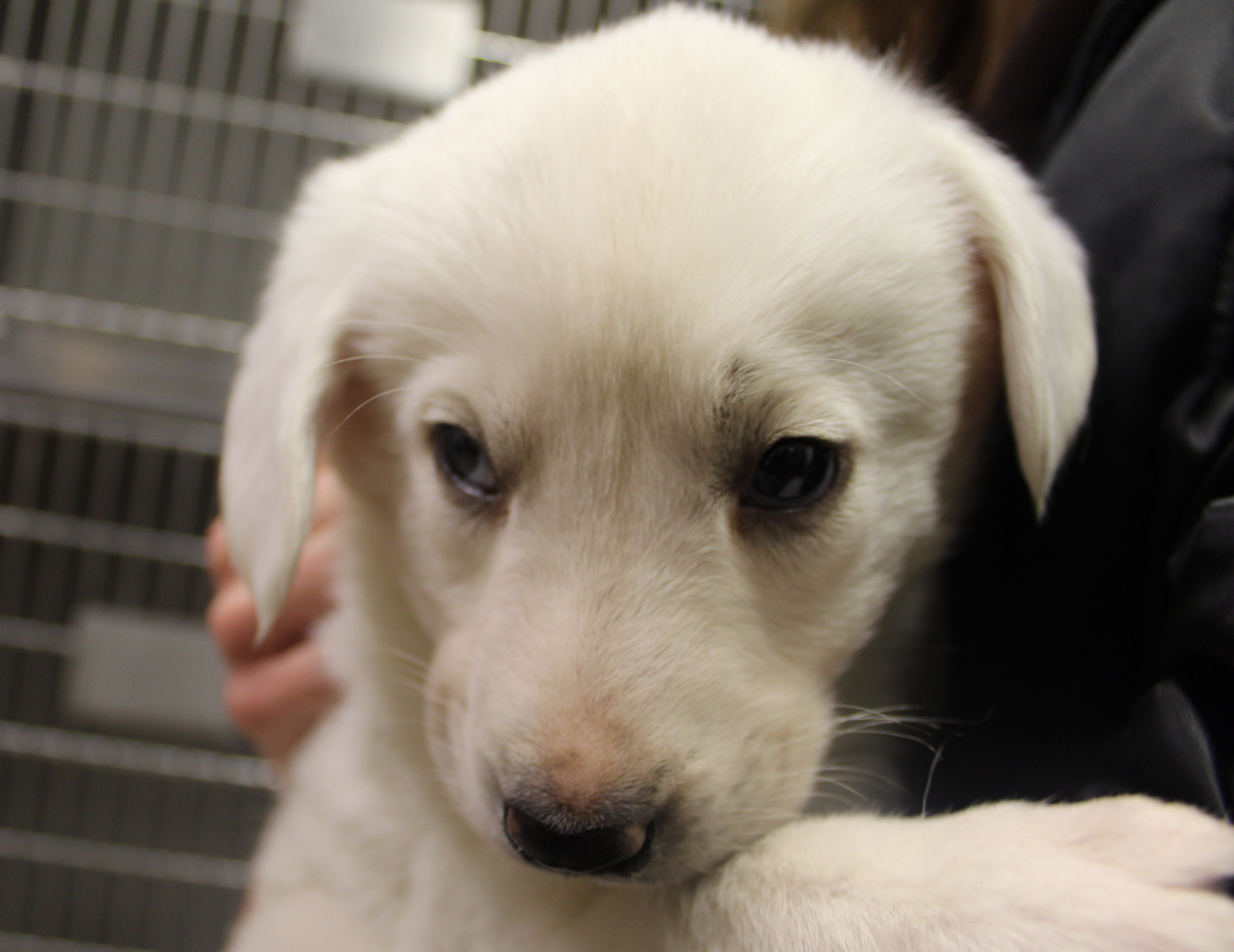 There are 15 million pets put to sleep each year, most of which could be adopted – meaning that they are healthy, loving, caring animals that would be great in a home – not sick or dangerous at all. Unfortunately, there simply aren’t enough people who are adopting these animals, and there aren’t enough shelters to keep them if they don’t have a home. Warren Eckstein has these tips on what to look for if adopting an animal from a pet shelter.
There are 15 million pets put to sleep each year, most of which could be adopted – meaning that they are healthy, loving, caring animals that would be great in a home – not sick or dangerous at all. Unfortunately, there simply aren’t enough people who are adopting these animals, and there aren’t enough shelters to keep them if they don’t have a home. Warren Eckstein has these tips on what to look for if adopting an animal from a pet shelter.
So what should you look for to make sure you’re getting a healthy, happy pet when you’re at the pound? Here are some quick tips:
CHECK THEIR EYES, EARS, NOSE AND TEETH
Make sure that the nose is moist, eyes are alert, and their teeth are in good shape. While sometimes a good grooming can fix these things, sick animals often have rheumatic eyes, dry nose or bad breath. If they do, it doesn’t necessarily mean they’re sick, but it’s definitely something you’ll want the vet to check out.
CHECK THE REAR END, TOO
They may be dirty and have “stuff” on them but make sure it’s because they haven’t been cleaned, and not because they have intestinal problems. Diarrhea or other issues may be a sign of a further health problem that you’ll want to have a vet check out.
DON’T JUDGE PERSONALITY WHILE THEY’RE BEHIND BARS
Sometimes, even the sweetest dogs are freaked out when they’ve been cooped up behind bars, and may bark or be slightly protective. After all, if you’d lost your home and were put in a cell, wouldn’t you be a little peeved, too? So if you do want to get to know them, have a shelter rep take the dog out of the cage, spend some time in a room alone with them, if possible, and give them a while to get adjusted.
If you’re interested in the dog, take them to be looked at by a vet. Any reputable shelter will allow you to have them checked out by an independent vet before you commit to adoption. Be sure they are spayed/neutered – which is often part of the adoption fee of a shelter – and get any information on health history that you can. Granted, health histories may be scarce when dealing with rescued strays or abandoned dogs, but the shelter should be able to tell you the general age, demeanor, and health status of the pet you choose.
